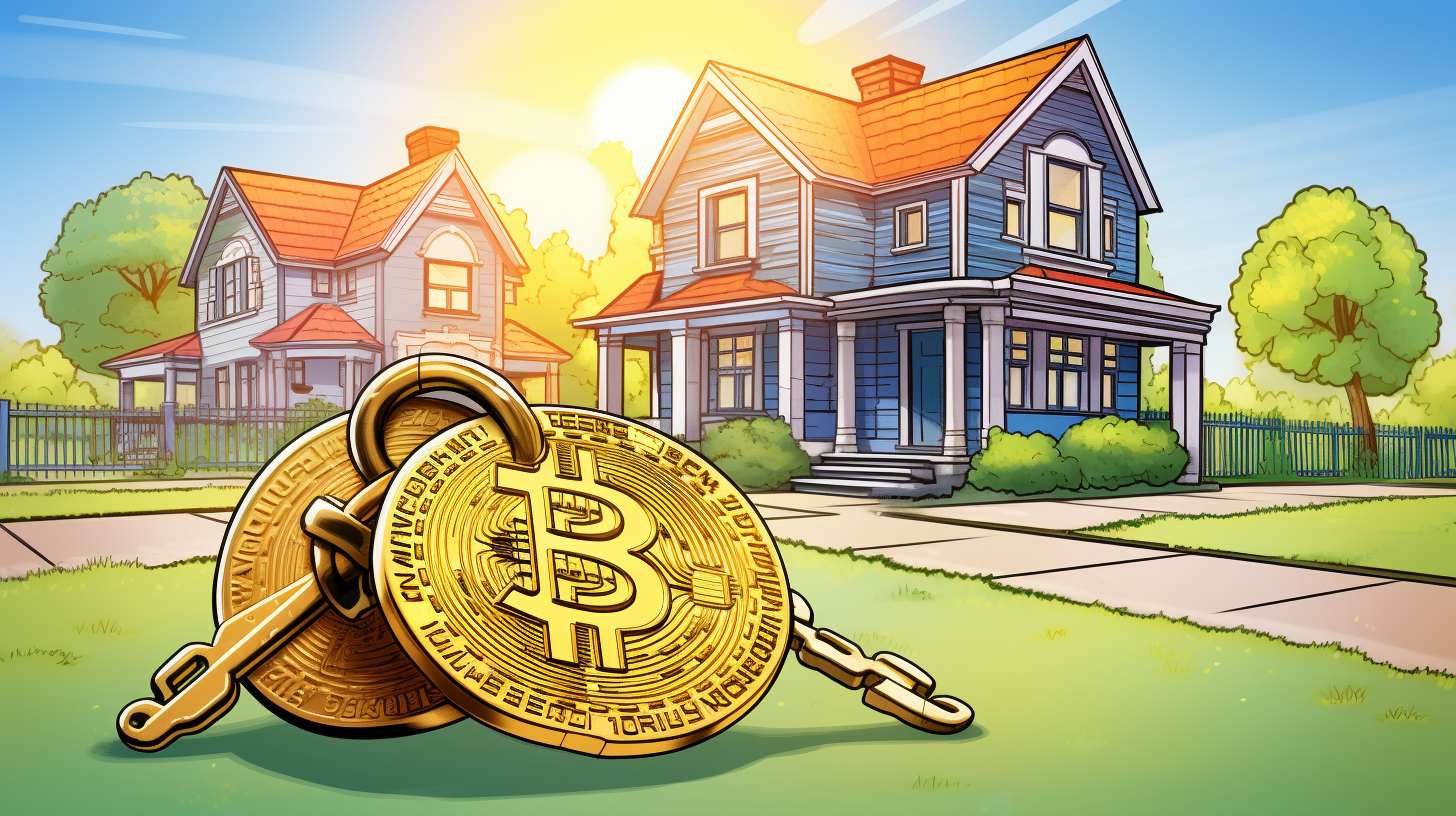Imagine a world where the foundation of homeownership lies not in piles of paperwork and cumbersome legal processes, but in the smooth, streamlined flow of digital currency. That’s the vision that tokenized real estate promises: a future where buying a home is as simple as clicking a button, with blockchain’s transparent and secure ledger being the ultimate keeper of property rights. But, can crypto really be the key to unlocking access to housing for the masses?
Crypto-enthusiasts around the globe praise the concept of tokenization for its revolutionary potential to democratize investment. By fragmenting property into digital tokens, real estate ownership can purportedly be broken down into bite-sized pieces, making it accessible to buyers who might not have deep pockets but do have a zest for investment. This isn’t a distant dream, either. We’re already seeing real-time experiments with tokenized real estate projects that hint at a radical overhaul of the market.
Take, for example, a recent case in crypto-friendly Singapore, where a modest apartment block was tokenized, allowing for partial ownership through cryptocurrency investment. The potential benefits are multifaceted: reduced fees, enhanced liquidity, and a market freed from geographical constraints. No longer are real estate investments hemmed in by national or state borders; instead, they have joined the borderless realm of the digital age.
But with every heady surge of optimism come the necessary droplets of caution. Market volatility remains the crypto-world’s Achilles heel, with prices capable of swinging wildly from the euphoric highs to the despondent lows in the span of a single news cycle. And while tokenized assets hinge on their perceived value, the question remains: what happens when the digital bubble bursts? Previous discussions in our articles like ‘Metropolitan Meets Blockchain’ have touched on similar concerns in the context of urban infrastructure.
Navigating these digital seas requires robust legal frameworks that are currently still in their infancy. The concept of fractional ownership, for instance, isn’t free from complications. Who decides when the property gets sold? How do you enforce property rights in a decentralized market? These questions still hover, unanswered, over the tantalizing vision of a blockchain-based real estate utopia.
Then, there’s the digital divide. Access to tokenized real estate requires not just capital, but also familiarity with digital wallets, smart contracts, and the arcane terminology that underpins the crypto realm. Our earlier piece ‘NFTs and National Treasures’ touched on this topic, highlighting concerns about accessibility in the context of cultural heritage. In the world of housing, this divide could further exacerbate social inequalities rather than bridge them, as the utopian promise of crypto suggests.
And yet, the very essence of crypto—its decentralized, open-source nature—holds a mirror up to the ethos of community and shared ownership. Could this spark a paradigm shift in how we view living spaces? Are we moving towards a future where community-driven housing projects, managed by decentralized autonomous organizations (DAOs), become the norm? This vision emphasizes not just investment, but also inclusion and collective decision-making.
In conclusion, while tokenized real estate certainly wields the power to transform the landscape of property ownership, its true impact on housing accessibility remains clouded in both potential and peril. The balance between excitement for a decentralized future and the need for pragmatic, inclusive approaches to housing is delicate. As the world tiptoes into this uncharted territory, it’s worth keeping a watchful eye on how our daily transactions evolve from the humdrum to the hyper-digital.
For those keen on exploring this concept further, consider the burgeoning world of crypto-cities, where the convergence of living spaces and virtual currencies continue to sketch out fascinating new blueprints for society. After all, what we’re witnessing may not just be the tokenization of real estate, but the very foundations of community and identity.
